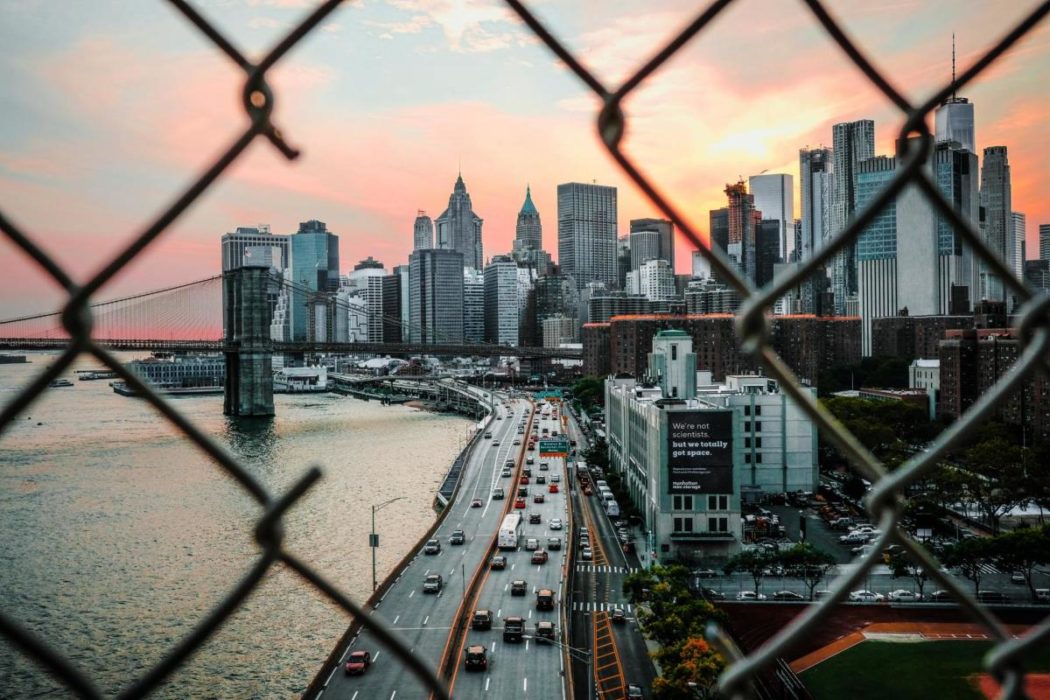Face to Face with My White Privilege

Melanie Lindell, LMHC and a Training & Pastoral Care Team Member at The Allender Center, reflects openly and honestly about her journey of wrestling with and acknowledging white privilege. Here, Melanie describes encounters that helped her see through walls of defensiveness to the realities of racism.
I had just arrived home from work and as I got out of my car I could see this man moving towards me. I didn’t know him, and I felt anxiety rising up in me. I had just moved into the neighborhood a few days prior to be part of a ministry that was partnered with a church in a predominantly African-American neighborhood. His pace quickened, his eyes squinting and his hand raising as he reached me. He came within inches of my face and with a high level of rage said, “Don’t you ever forget that you chose to move here.” I was startled, offended and didn’t understand the depth or the purpose in him seeking me out to say what he did at the time, nor would I for many years. While never using the words white privilege, he was the first person of color in my life to introduce me to what white privilege is in a very tangible way. That encounter happened in 1995, and while I never forgot those words, they would lie dormant. The ability to walk away from that conversation and go on with my life in and of itself is a vivid picture of what white privilege is.
15 years went by before I found myself returning to that moment on the street. I was sitting in a class where I was asked to wrestle with my white privilege. My initial response was defensiveness. What did I do? I was raised to not see color but character, which at the time I thought was a good thing. My own story of harm also came flooding in. If you only knew what I have lived through…you wouldn’t consider me to hold some kind of privilege. I felt my own harm was being minimized even though it wasn’t. I wanted to defend the stance that I, too, know and have known great suffering. The harm that was done to me was awful and it changed me, but it never came to me because of the color of skin, my facial features, my eyes or any other distinguishing marker related to my racial identity. I never faced gentrification, red-lining, or the many other horrific things that white people have done to people of color.
As this truth started to penetrate my walls of defensiveness, I found myself back on the street with that man, and I could hear more clearly what he was really saying to me. He was right, I did have a choice to move into the neighborhood, just as I had a choice to move out. It was part of the privilege granted to me because of my skin, the leg up I was given because my grandfathers received home loans through the GI Bill, and many other subtle and not so subtle advantages I have lived with my whole life because I am white.
Being defensive in and of itself isn’t wrong, unless I stop there. My defensiveness has taken me on a journey that has been painful, overwhelming at times, and by no means do I feel like I have arrived. However, I can say I am beginning to see with more grief, and with much more gratitude what people of color have been inviting me to see in their faces and hear in their stories. This journey has also helped me find words for the internal war that erupted when I was first confronted with my white privilege. I can name now that I was blocked by my own unaddressed trauma, false teachings about racism, overt omissions in the history of America that I was taught in school, and my own ignorance and arrogance in believing that “liberty and justice were truly for all.” I grieve for the harm that has been done by me. At the same time, I know that I am not called to hate my white skin. Nothing changes if I walk around hating the skin that I did not choose.
I am beginning to see with more grief, and with much more gratitude what people of color have been inviting me to see in their faces and hear in their stories.
What I am called to do as a white person is to learn the truth about the atrocities that have been done to people of color by white people. I am also called to address my own defensiveness and dismissiveness. And above all else, I am called to love.
Jesus invites us to love our neighbor as ourselves. For me to truly love myself I need to know my own story and the stories of my forefathers, and for me to love my neighbors means I need to know their stories and the stories of their forefathers…not overlay my story onto them in order to avoid feeling uncomfortable. Sometimes we receive gifts that come in packages that may at first be very hard to welcome. I am indebted to the man on the street who brought a piece of his story as a black man, but even more so revealing a part of my story as a white woman that is still unfolding 24 years later.
